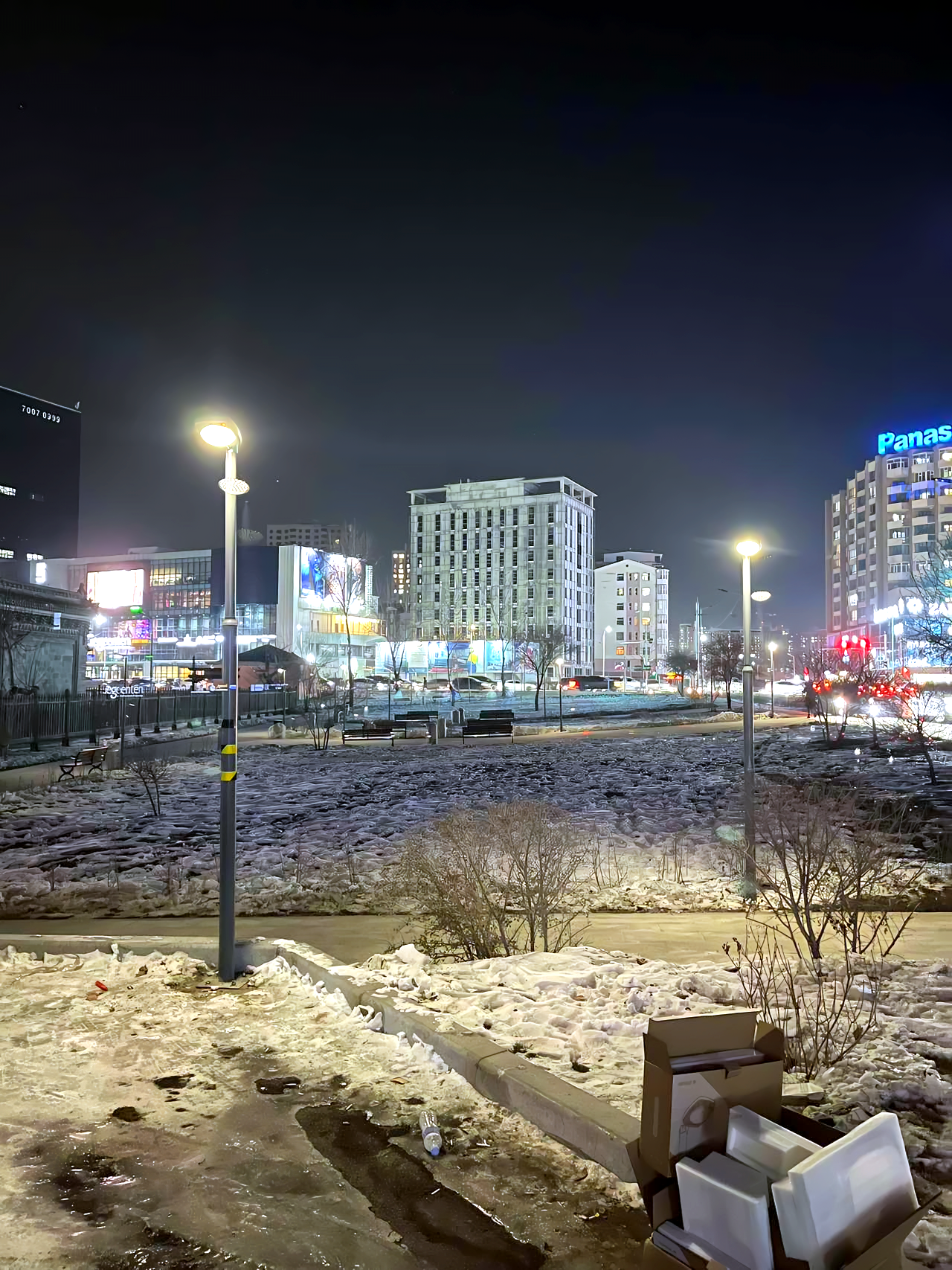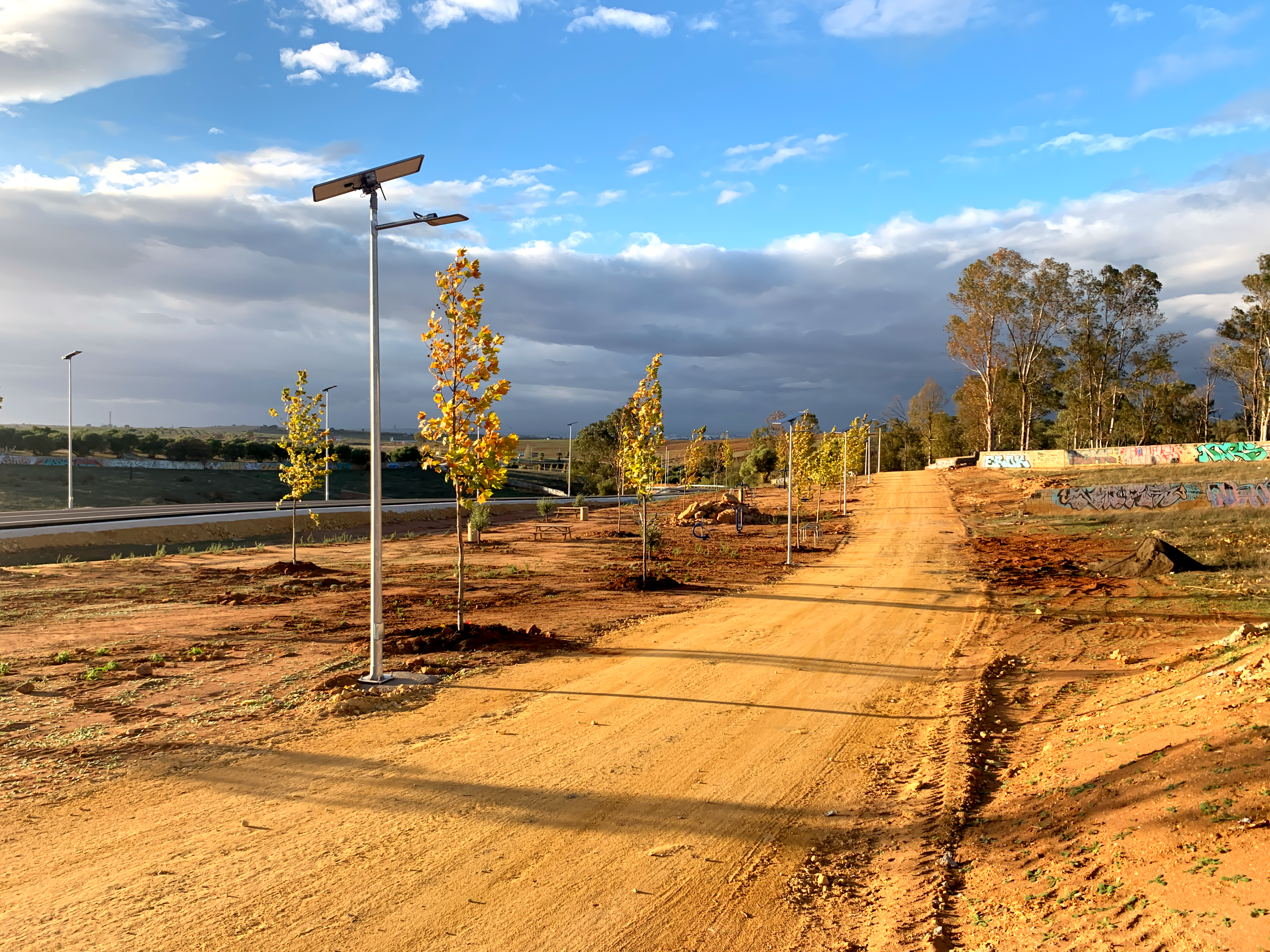Instead of requiring additional insulation, solar panels are usually more heat resistant and not afraid of the cold.
Under sunny conditions, solar panels can produce more electricity in the winter because the cold temperatures help increase the efficiency of the panels. This is one of the reasons why solar panels may perform better during the cold winter months.
It is also important to make sure that your solar panels are placed in a well-ventilated location. Good ventilation helps solar panels to cool down quickly in hot weather and prevents overheating, thus maintaining their performance and longevity.
Therefore, choosing a well-ventilated location is an important consideration when installing solar panels to ensure that the panels can perform optimally in all seasons and climates.
However, the system batteries, whether lead-acid or gel batteries, should have the following advantages in order to obtain the longest service life:
Controlling Temperature: Rapid changes in temperature can adversely affect the battery, so it is important to ensure that the battery does not experience extreme temperature changes. Moderate temperature control can help extend the life of your batteries.
Avoiding excessive sun exposure: Solar cell systems are often located outdoors, but ensuring that the batteries are not directly exposed to strong sunlight, especially in hot weather, can help mitigate the risk of overheating.
Constant temperature environment: For some applications, such as telecommunication sites or rural areas, it may be worth considering providing a constant temperature environment to extend battery life. This can be achieved through specialized battery boxes or temperature control devices.
Insulation: If necessary, insulation can be provided to ensure that the battery remains within the appropriate temperature range. This may be particularly important in extremely cold climates. However, in hot climates, over-insulation can lead to overheating of the battery and therefore needs to be carefully considered.

Generally, outdoor solar cells do not require additional insulation, as they are typically designed to operate in a variety of climates. Solar cells usually have good cold and heat resistance and are able to function properly in environments with wide temperature variations. However, there are some special cases where some insulation may need to be considered:
Extremely Cold Regions: In extremely cold climates, temperatures can drop to very low levels, which can affect the performance of solar panels. In this case, some solar panels may benefit from heating to prevent snow and ice cover or to keep the panel temperature within a suitable range.
Extremely Hot Areas: In areas of extreme heat, solar panels may be at risk of overheating. Some systems may require cooling devices, such as fans or heat sinks, to ensure that the panels remain within the proper temperature range.
Areas of Extreme Temperature Differences: In some areas, the difference between day and night temperatures can be very large, which can lead to thermal expansion and contraction of the panels. In such cases, the design should take these variations into account to avoid damage.

SRESKY’s solar street lights utilize the functionality of battery temperature control technology (TCS). This technology effectively monitors and controls the temperature of the battery, especially in extreme temperature conditions, and prevents the battery from overheating or overcooling, thereby extending the life of the battery.
In high-temperature environments, overheating may result in reduced battery performance and reduced life. By using TCS, the solar street light can automatically monitor the battery temperature and take necessary measures, such as lowering the charging current or stopping charging, to ensure that the battery operates within a safe temperature range.
Similarly, batteries are susceptible to damage in extremely cold winter conditions, and TCS can help maintain the proper temperature of the battery to ensure that it still operates properly in cold temperatures.
With the continuous development of science and technology, there will be better components and intelligent programs will be applied to solar lighting, solar lights will have a broader future. Follow SRESKY to learn more about new solar street light products!